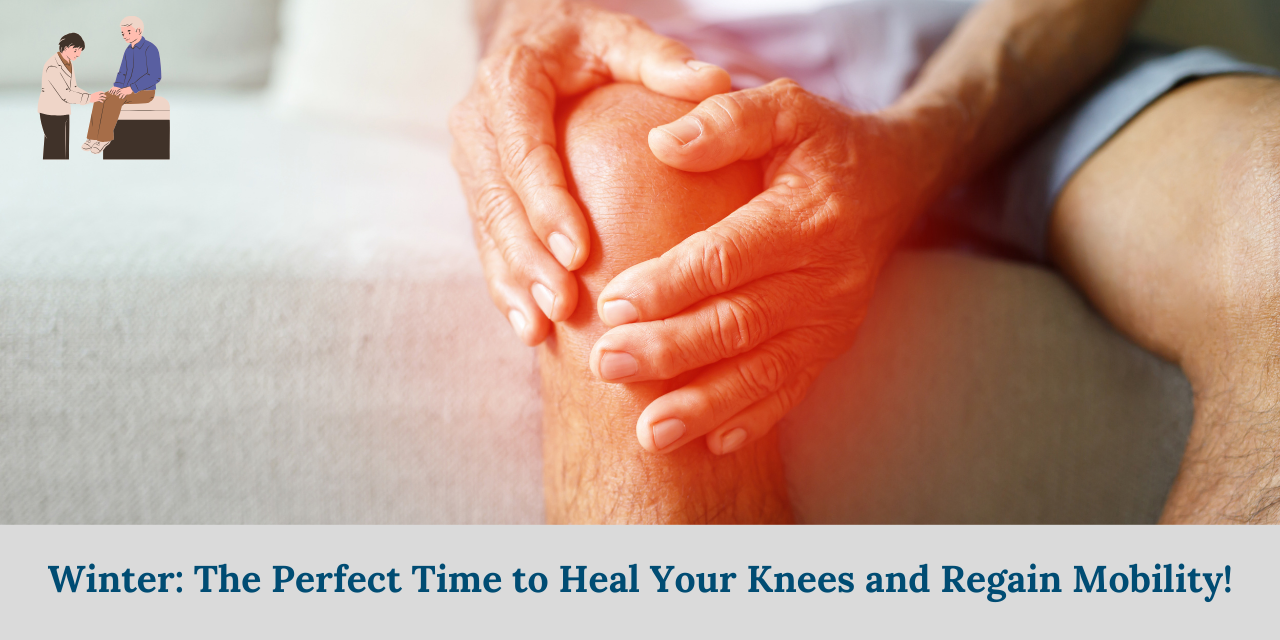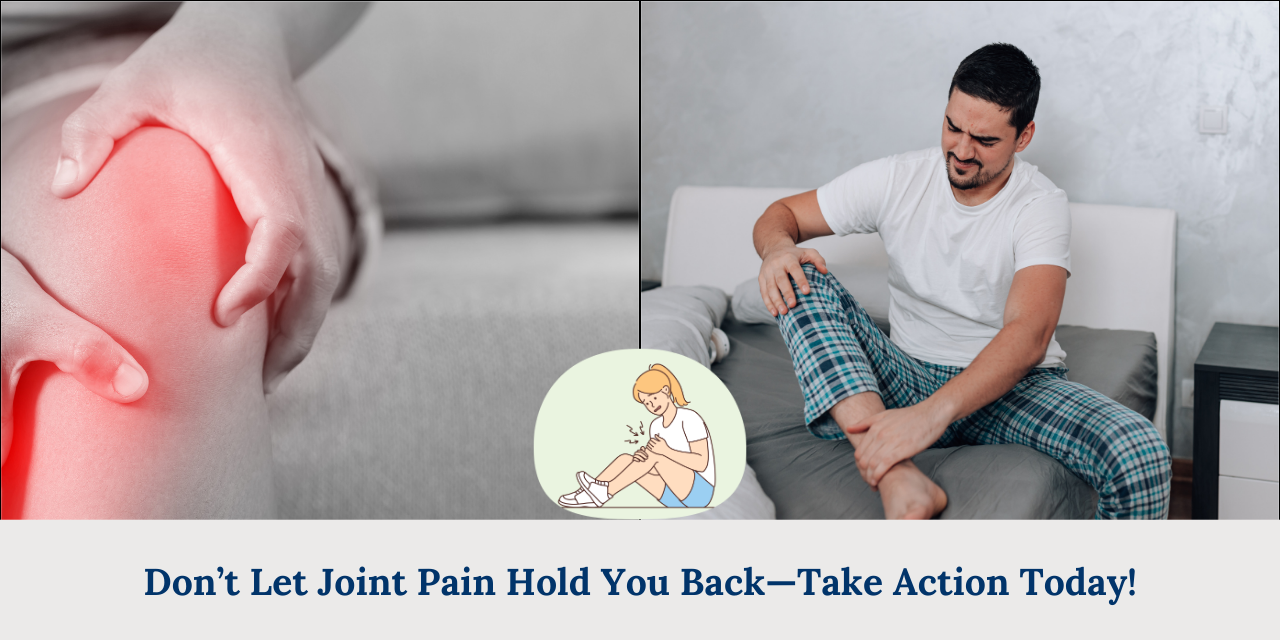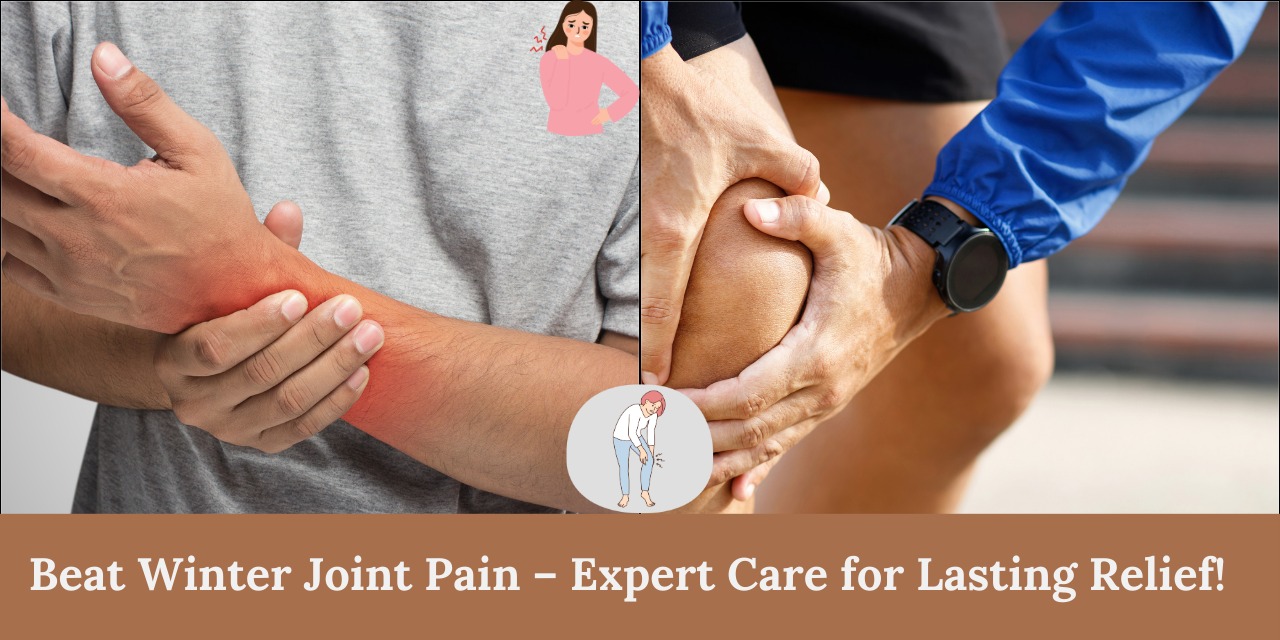Knee pain can significantly impact your daily life, making even simple tasks challenging. Whether due to injury, arthritis, or other underlying conditions, persistent knee pain requires effective management strategies. This article explores the most effective solutions for managing chronic knee pain, providing valuable insights for those seeking relief.
Understanding Knee Pain
Before diving into solutions, it’s essential to understand the common causes of knee pain:
- Osteoarthritis: This degenerative joint disease is the most prevalent cause of knee pain in older adults, resulting from the breakdown of cartilage in the joint.
- Rheumatoid Arthritis: An autoimmune condition causing inflammation in the joints, leading to pain and swelling.
- Injuries: Ligament tears, meniscus injuries, and fractures can all contribute to knee pain.
- Tendinitis: Overuse injuries can cause inflammation in the tendons around the knee, leading to persistent pain.
Effective Solutions for Managing Knee Pain
➔ Physical Therapy
Physical therapy is often the first line of defense against knee pain. A trained physical therapist can develop a personalized exercise program aimed at:
- Strengthening Muscles: Strengthening the muscles around the knee helps stabilize the joint and reduce stress on it.
- Improving Flexibility: Stretching exercises can enhance flexibility, reducing stiffness and improving the range of motion.
- Correcting Posture: A therapist can address any postural issues contributing to knee pain, ensuring better alignment and movement patterns.
➔ Medication
Over-the-counter (OTC) medications can provide temporary relief from knee pain. Common options include:
- Nonsteroidal Anti-Inflammatory Drugs (NSAIDs): Ibuprofen and naproxen can help reduce pain and inflammation.
- Acetaminophen: This pain reliever can be effective for mild to moderate pain but does not reduce inflammation.
- Topical Analgesics: Creams and gels containing menthol or capsaicin can provide localized pain relief.
For more severe cases, a healthcare provider may prescribe stronger pain medications or corticosteroids to reduce inflammation.
➔ Lifestyle Modifications
Making certain lifestyle changes can significantly impact knee pain management. Consider the following adjustments:
- Weight Management: Excess weight puts additional stress on the knees. Losing even a small amount of weight can alleviate pain and improve mobility.
- Low-Impact Exercises: Engaging in low-impact activities such as swimming, cycling, or walking can strengthen the knees without adding stress.
- Ergonomic Modifications: Adjusting workspaces and daily activities to reduce strain on the knees can help prevent exacerbation of pain.
➔ Injections
If conservative treatments do not provide relief, various injection therapies may be considered:
- Corticosteroid Injections: These can provide significant relief by reducing inflammation directly in the joint.
- Hyaluronic Acid Injections: This treatment aims to lubricate the knee joint, which may help in osteoarthritis cases.
- Platelet-Rich Plasma (PRP) Therapy: This innovative treatment involves injecting a concentration of platelets from your blood into the knee to promote healing.
➔ Surgical Options
For severe knee pain that does not respond to other treatments, surgical intervention may be necessary. Common procedures include:
- Arthroscopy: A minimally invasive procedure to diagnose and treat knee joint issues, such as cartilage damage.
- Osteotomy: This procedure involves reshaping the bones to relieve pressure on the knee joint.
- Total or Partial Knee Replacement: For patients with severe osteoarthritis or joint damage, knee replacement surgery may be the most effective solution.
➔ Pain Management Programs
In chronic cases, comprehensive pain management programs can be beneficial. These programs often include a combination of therapies, education, and support to help individuals manage their pain more effectively.
Conclusion
Managing persistent knee pain requires a comprehensive approach that combines lifestyle changes, medications, and medical interventions. While lifestyle modifications and medications can offer significant relief, more advanced treatments like knee replacement in Panchkula may be necessary for severe cases. Dr.Rohit Malhotra at Malhotra Hospital specializes in knee treatments and can provide personalized solutions to help manage your knee pain effectively. For more information or to schedule a consultation, please contact +91 7302217302.













